Das Olympische Bildungsmagazin
Olympische Propaganda
- Jens Weinreich
- 13. Mai 2008
- 14:44
- Ein Kommentar
Zur Frage der olympischen Propaganda habe ich mich gelegentlich geäußert. Das IOC hat seine eigene Vorstellung von Propaganda, die es zu verbieten gilt.
Sollten deutsche Sportler im August in Peking beispielsweise auf die Idee kommen, die Armbändchen „Sports for Human rights“ der Netzathleten zu tragen, dann würden sie bestraft. „Gold für Menschenrechte“ ist ebenso wenig erlaubt wie die Initiative französischer Sportler, ein Sticker mit der Aufschrift: „Pour un monde meilleur“.
Plastikbändchen und anderes nicht-lizensiertes Teufelszeug mit simplen, klaren Botschaften – geradezu unverfänglich, es steht ja nicht mal CHINA drauf – mag das IOC gar nicht. Die Olympische Charta, das Grundgesetz der olympischen Parallelwelt, sagt dazu schlicht: Propaganda.

Regel 51 der aktuellen Olympischen Charta mit den IOC-Vorgaben bezüglich ‚Werbung, Demonstrationen, Propaganda‘ — interessant im aktuellen Kontext vor allem Punkt 3, auf Deutsch: ‚Jede Demonstration oder politische, religiöse oder rass(ist)ische Propaganda ist (im Rahmen von Olympia) untersagt.‘
Es gibt noch eine Reihe von Bye-laws, Ausführungsbestimmungen, zur berüchtigten Regel 51 der Charta, über die in den vergangenen Wochen viel diskutiert worden ist. Immerhin.
IOC-Vertreter wie Jacques Rogge beteuern, das Recht auf freie Meinungsäußerung sei Sportlern während der Spiele gegeben – bzw. würde vom IOC nicht in Frage gestellt. Es müsse nur alles schön korrespondieren mit der Olympischen Charta und den Gesetzen des Gastgeberlandes. Genau das ist ein Problem.
Mit einiger Spannung wurden nun die Klarstellungen des IOC-Exekutivkomitees zur Regel 51.3 erwartet. Das Papier liegt nun den Nationalen Olympischen Komitees vor. Hier ist es:
GUIDELINES ON THE INTERPRETATION OF RULE 51.3 OF THE OLYMPIC CHARTER
In relation to the various discussions held recently, in particular during the ANOC meetings in Beijing, this is to advise you that the IOC has received a number of queries from NOCs as to the conduct of participants, in particular athletes, at the Olympic Games. It is appropriate for the IOC to assist the NOCs – and the members of their delegations including the athletes – by offering the following advice:
- Participants at the Olympic Games may of course express their opinions. Such expression of opinions and the conduct of participants should be inspired by full compliance with the Olympic Charter.
- According to the Olympic Charter, the peak of the Olympic Movement’s action is „the bringing together of the world’s athletes at the great sports festival, the Olympic Games“. The Games are about sport. They are not a stage for different kinds of political statements about issues such as armed conflicts, regional differences, religious disputes and many others. This is well known by all the athletes because it applies not only to the Olympic Games but to any other sports event in the world.
- Rule 51.3 of the Olympic Charter provides that „no kind of demonstration or political, religious or racial propaganda is permitted in any Olympic sites, venues or other areas“. For the purpose of these guidelines, these areas are defined as every area for which an official Olympic accreditation is required. Compliance with this Rule implies avoiding the display of any sign, banner, poster, piece of equipment or clothing which could be perceived as any kind of demonstration or propaganda.
- The conduct of participants at all sites, areas and venues includes all actions, reactions, attitudes or manifestations of any kind by a person or group of persons, including but not limited to their look, external appearance, clothing, gestures, and written or oral statements. As in all Olympic Games, such conduct must also, of course, comply with the laws of the host state.
- The participants at the Olympic Games will have many opportunities to express themselves upon the occasion of the Games, whilst respecting the Olympic Charter, for instance by giving interviews including in Olympic Press or Broadcasting Centres or in mixed zones, statements and discussing with their fellow athletes, officials and others – to name but a few. The IOC relies on the common sense of all athletes and other participants in showing respect for the dignity of all fellow athletes, including those of the host country, and of all other spectators and attendees.
- The IOC requests the NOCs to contact their athletes with a view to explaining the above and to responding to their queries. Everyone concerned, including NOCs, NGOs and the media, should also respect the personal rights of each individual athlete, which include both the right to express themselves and the right not to comment on political issues.
Should there be any doubt, the NOCs may at any time contact Mr Pere Miró, Director of the IOC NOC Relations Department, for assistance.
Klarer geht es eigentlich kaum – in negativer Hinsicht allerdings. IOC-Vertreter behaupten dennoch, die Meinungsfreiheit sei gewährleistet. Athleten dürften schließlich auf Pressekonferenzen und/oder den Interviewzonen der Olympischen Arenen auf politische Fragen antworten.
Andererseits dokumentiert das Papier ausdrücklich: Wo immer eine Akkreditierung erforderlich ist, ist Vorsicht geboten. Also überall. Denn ohne Akkreditierung ist man ein Nichts bei Olympischen Spielen.
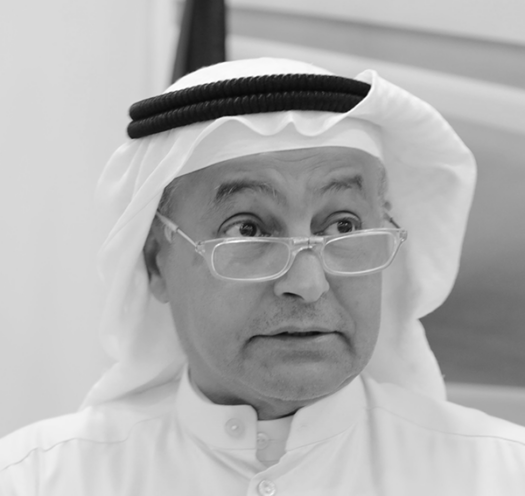

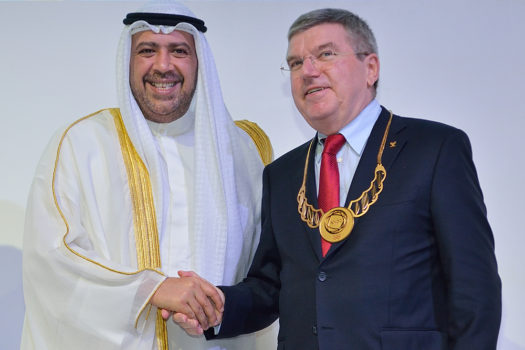
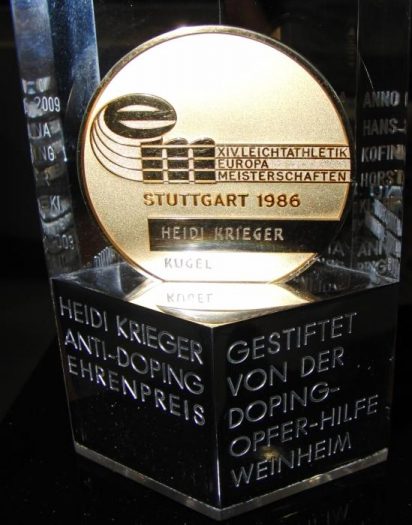
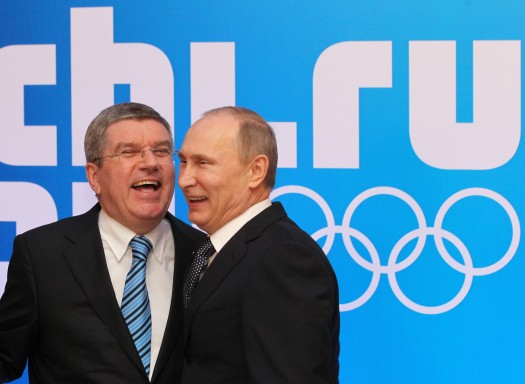
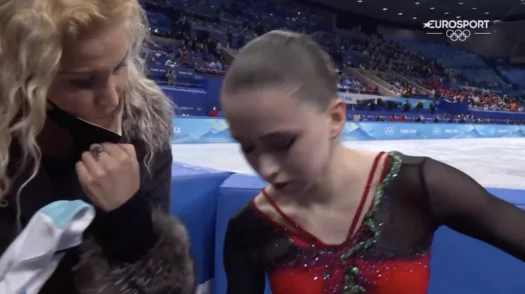
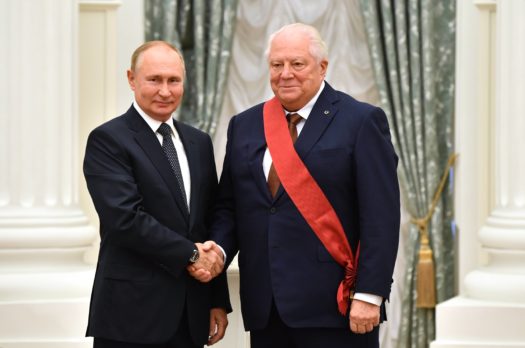
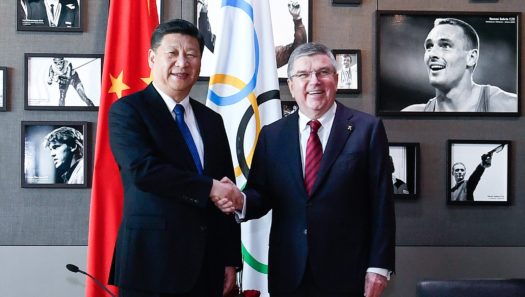
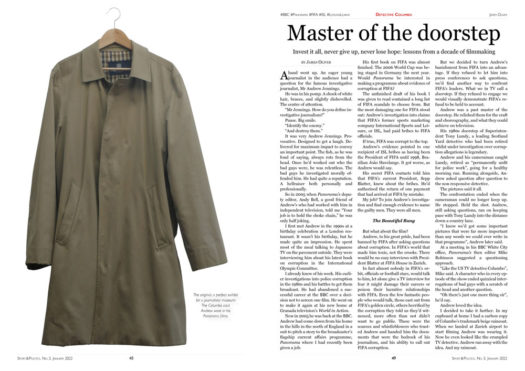
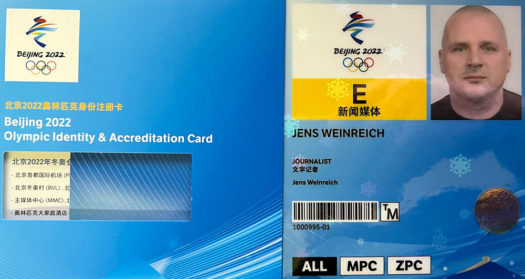
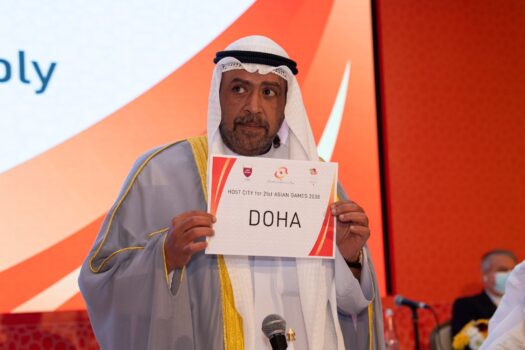
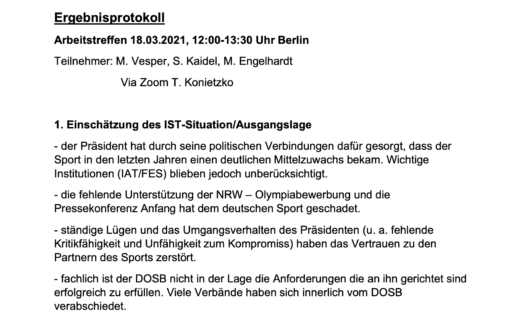
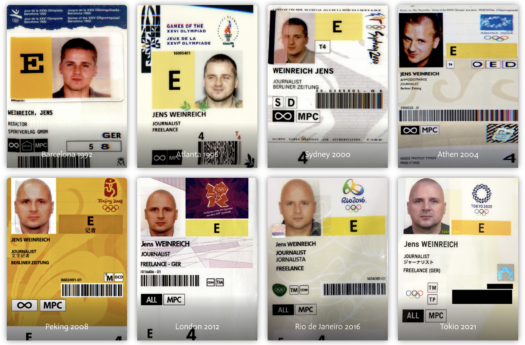
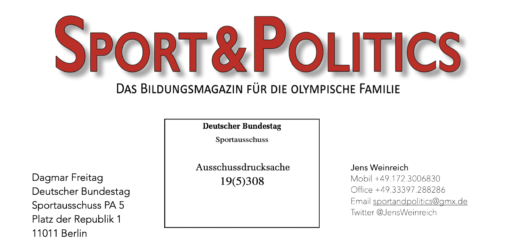
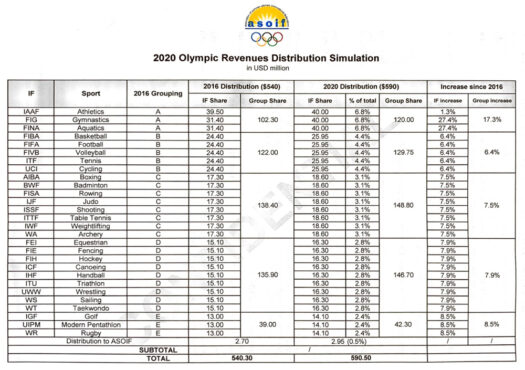
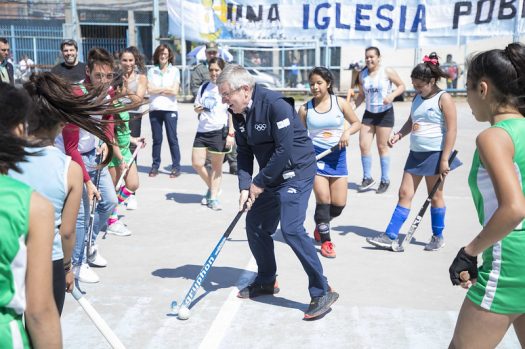
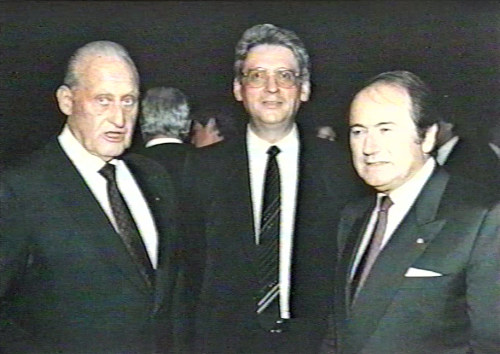
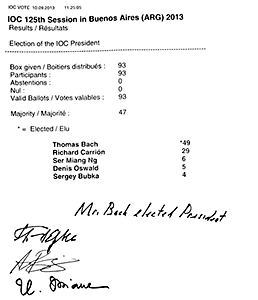
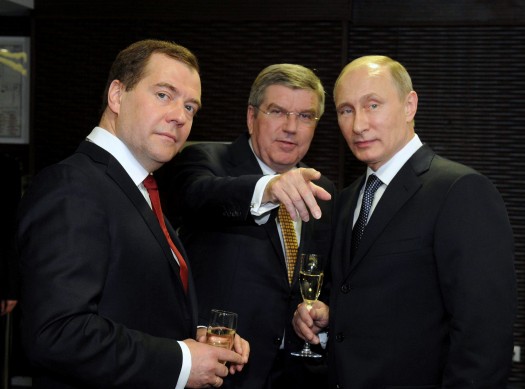
Die olympische Bewegung und ihre Organisationen haben schon längst ihre politische Jungfräulichkeit verloren. Sie waren und sind wie nahezu alles in dieser Welt in die großen Auseinandersetzungen eingebunden. Um sie aber ihren determinierten Zweck erfüllen zu lassen ,wurde stes auf die Einhaltung ihrer selbst gewählten Spielregeln streng geachtet. Obwohl der, der Black Panther Bewegung solidarisch zugeneigte große Teil der Weltöffentlichkeit sich 1968 bei den Mexiko OS stark empörte, flogen die US-Läufer aus dem Athleten-Camp. Wir sahen Montreal 1976, Moskau 1980 und Altanta 1984 und sehen heute Peking 2008, immer markante Verstösse gegen die Rechte von einzelnen Staaten oder ethnischen Gruppen und immer die gleiche Ohnmacht.
Es tut weh, und ist doch mit den olympischen Spielen nicht zu heilen, da sie nur ein kleiner Teil des politischen Instrumentariums des Zusammenlebens der Staaten und Völker sind. Und zumal ein vorrangig als sportlich definiertes. Die Leidtragenden waren und sind immer die teilnehmenden Sportler, falls die Instrumetalisierung gelingt. Und sind wir doch nicht blauäugig,immer fallen brisante politische Themen kurz vor solchen Events der Weltöffentlichkeit ins Auge, als hätten sie vorher nicht existiert. Ist das nicht auch Heuchelei? Die Menschenrechte sind eines der ältesten und am regelmäßigsten mit dem Füßen getretenen Grundrechte. Ihre Verletzung geschieht permanent. Damit alles wird, so wie es ist, kommen dann die geübten Text- und Wortakrobaten, und sichern den einklagbaren politischen Konsens, wie hier:
Participants at the Olympic Games may of course express their opinions. Such expression of opinions and the conduct of participants should be inspired by full compliance with the Olympic Charter.
Und das ist dann schon wieder Politik und hat mit Sport eigentlich nichts zu tun.